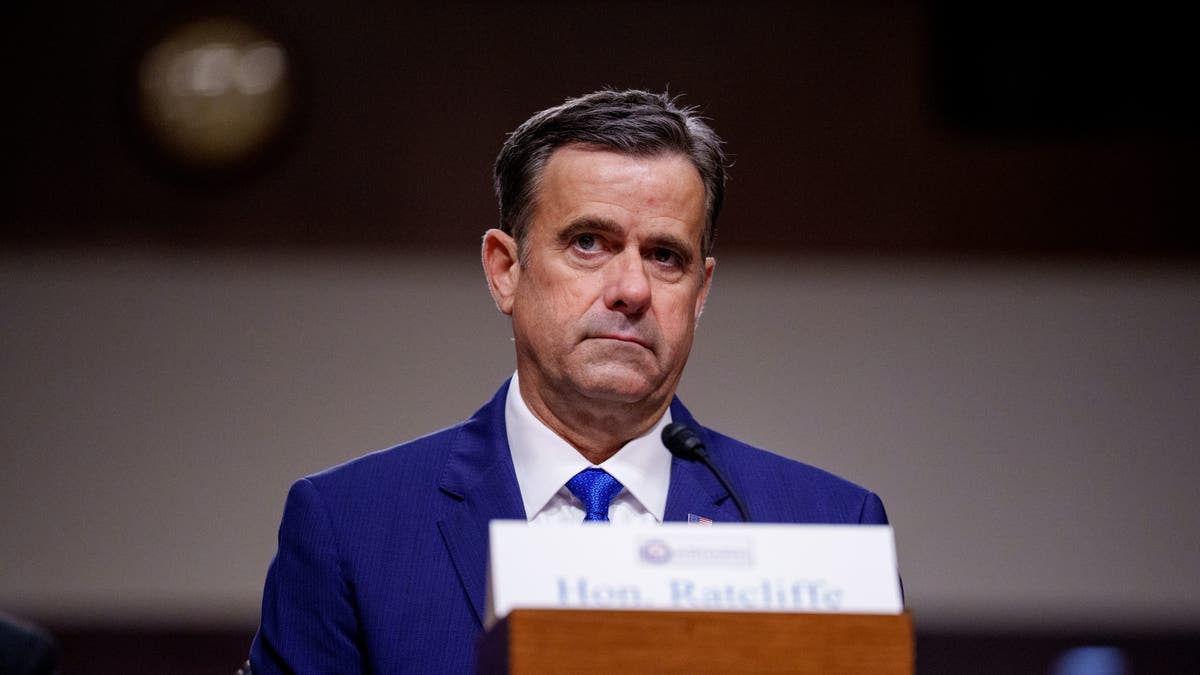In a significant shift, six of Wall Street's largest banks, including J.P. Morgan, Wells Fargo, Goldman Sachs, Morgan Stanley, Citigroup, and Bank of America, have withdrawn from the Net-Zero Banking Alliance (NZBA). This global collective of financial institutions is dedicated to achieving net-zero greenhouse gas emissions by 2050. The banks' departure, occurring shortly before Donald Trump's inauguration, signals a potential realignment with the incoming administration's anticipated climate policy changes.
Since 2021, these banking giants have been key members of the NZBA, actively working towards financing climate action initiatives. However, their recent individual announcements indicate a move towards independent pursuit of emission reduction targets, while still expressing commitment to the overall goal.

JPMorgan Chase & Co. building in New York City. (Plexi Images)
A J.P. Morgan spokesperson emphasized the bank's focus on "pragmatic solutions" to promote low-carbon technologies and energy security, suggesting a shift in approach. This move aligns with BlackRock, the world's largest investment firm, which also recently distanced itself from the Net Zero Asset Managers Initiative, another prominent climate-focused group.
The timing of these departures coincides with Trump's expected reversal of President Biden's climate agenda, including a potential withdrawal from the Paris Climate Agreement. This has led to speculation about the banks' motivations, with some suggesting a desire to preemptively avoid criticism from the new administration and its allies.

Wall Street sign near the New York Stock Exchange. (Michael Nagle)
Critics argue that the banks are prioritizing political expediency over climate action, highlighting a perceived shift in priorities compared to when climate change held a more prominent place on the political agenda. These departures also follow a House Republican probe into the banks' NZBA membership, raising concerns about potential impacts on the agriculture sector.








